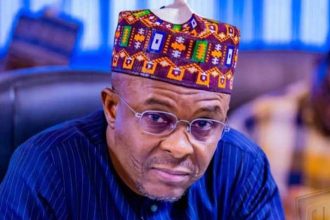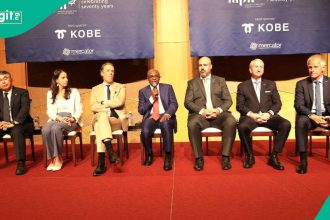- Lagos and Abuja have maintained their lead as Nigerian states with highest internally generated revenue (IGR)
- A recent states’ IGR ranking by the National Bureau of Statistics (NBS) for 2024 shows that the states’ IGR hit N3.63 trillion in 2024
- While Lagos, Abuja and Rivers led the pack, other states, especially in the north, lagged in this year’s ranking
Nigeria’s 36 states and the Federal Capital Territory (FCT) generated a total of ₦3.63 trillion as internally generated revenue (IGR) in 2024, according to a new report by the National Bureau of Statistics (NBS).
This marks a 49.7 per cent increase from ₦2.43 trillion recorded in 2023 — a sign of improved tax collection and expanding subnational economies.
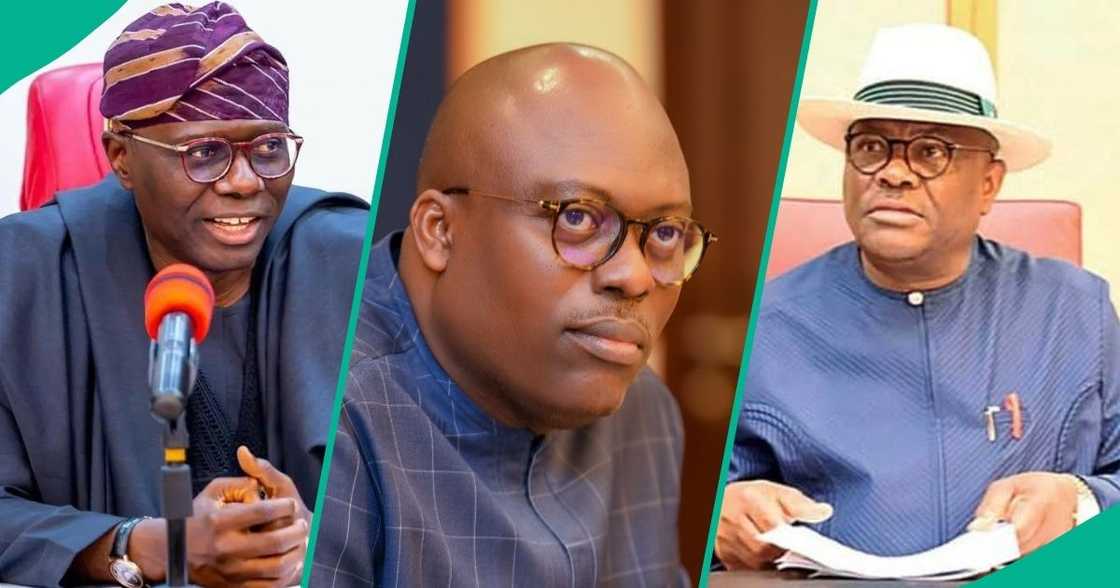 Governors of Lagos, Babajide Sanwo-Olu and Rivers’ SIM Fubara, and FCT Minister, Nyesom Wike, increase IGR in 2024
Governors of Lagos, Babajide Sanwo-Olu and Rivers’ SIM Fubara, and FCT Minister, Nyesom Wike, increase IGR in 2024
Source: Facebook
Lagos, Rivers, FCT lead the pack
As expected, Lagos State maintained its long-standing dominance, accounting for roughly one-third of Nigeria’s total IGR with a record ₦1.26 trillion.
Rivers State followed with ₦317.3 billion, while the FCT ranked third with ₦282.36 billion.
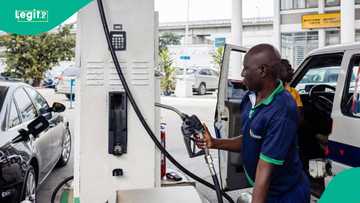
Read also
Why fuel prices stay high despite Dangote’s ₦846/Litre rate cut
These three entities alone contributed nearly ₦1.86 trillion, highlighting their strong economic structures and diversified revenue bases.
Ogun State came fourth with ₦194.93 billion, driven by manufacturing and industrial taxes, while Enugu secured fifth place with ₦180.5 billion, reflecting rising commercial activity in the southeast.
The bottom five: States still struggling
At the other end of the spectrum, Yobe, Ebonyi, and Kebbi recorded the lowest revenues with ₦11.08 billion, ₦13.18 billion, and ₦16.97 billion, respectively.
Others in the bottom tier include Taraba (₦17.46 billion) and Adamawa (₦20.3 billion).
These figures underscore the wide economic disparity between Nigeria’s wealthiest and poorest subnationals — a gap that continues to widen despite national growth.
Breakdown of revenue sources
The NBS report divides IGR into two broad categories: Tax Revenue and MDAs’ Revenue (income from ministries, departments, and agencies).
Tax sources include Pay-As-You-Earn (PAYE), direct assessment, road taxes, stamp duties, capital gains tax, and withholding taxes.

Read also
Cooking gas Hits ₦17,500 as strike, Dangote supply delay triggers fresh price surge
PAYE remained the dominant contributor, generating ₦1.86 trillion, which represents 69.8 per cent of total tax revenue.
In contrast, capital gains tax was the lowest earner at just ₦10.57 billion.
The revenue gap and what it means
The new figures reveal a stark divide between high-performing urban states and resource-dependent regions still lagging in fiscal autonomy.
While Lagos alone generated more than the combined total of 25 states, the data signals potential opportunities for reform, especially in tax digitisation, business registration, and local government collections.
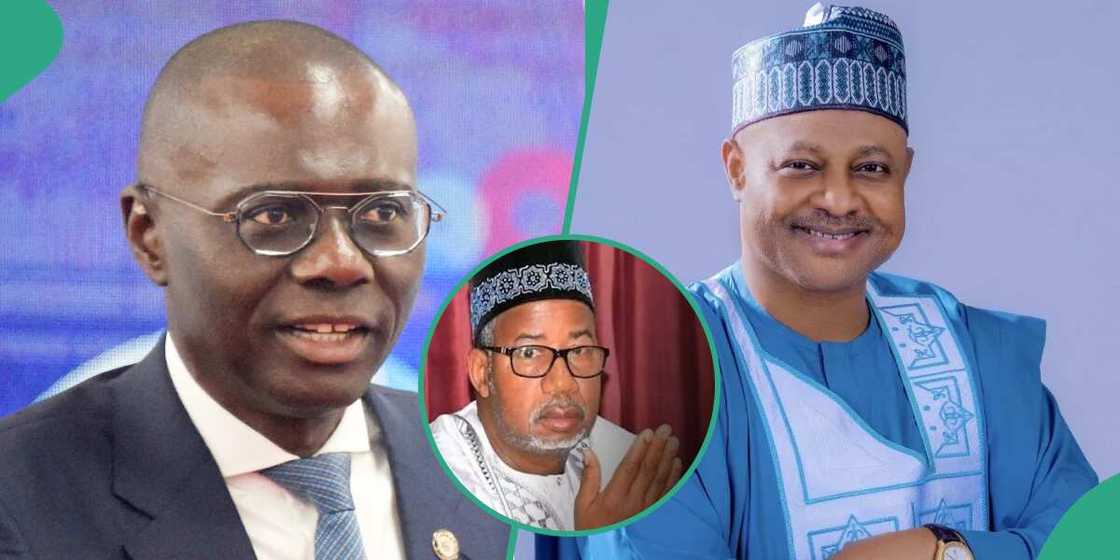 Lagos state governor, Sanwo-Olu, Bauchi State governor, Bala Mohammaed and Kaduna State governor, Uba Sani, increase states’ debts.
Lagos state governor, Sanwo-Olu, Bauchi State governor, Bala Mohammaed and Kaduna State governor, Uba Sani, increase states’ debts.
Source: Getty Images
Economists note that closing this gap is key to Nigeria’s economic stability.
As states seek greater independence from federal allocations, efficient revenue generation may soon become the most critical measure of governance performance.
States with highest FDI in 2024
A previous report by Legit.ng earlier reported that about six Nigerian states and Abuja attracted foreign investments between June 2023 and June 2024.
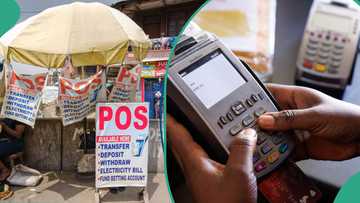
Read also
PoS prices double: Moniepoint, OPay, PalmPay, banks raise cost of terminals amid FX crunch
The NBS report on capital importation for the second quarter of 2024, released by the NBS on Tuesday, October 8, 2024, disclosed that Total Capital Importation for the review period was about $8.75 billion.
The report said that the same period’s foreign direct investment (FDI) amounted to an abysmal $478.78 million.
States with the highest foreign debts
Legit.ng earlier reported that NBS has revealed that Lagos State recorded the highest external debt of $1.2 billion as of June 30, 2023.
The NBS data was extracted from the Debt Management Office (DMO) and tracked by Legit.ng, revealing that Lagos’s debt is mostly via bonds rather than bilateral.
Kaduna follows Lagos state with $569.4 million in total external debt.
Source: Legit.ng





